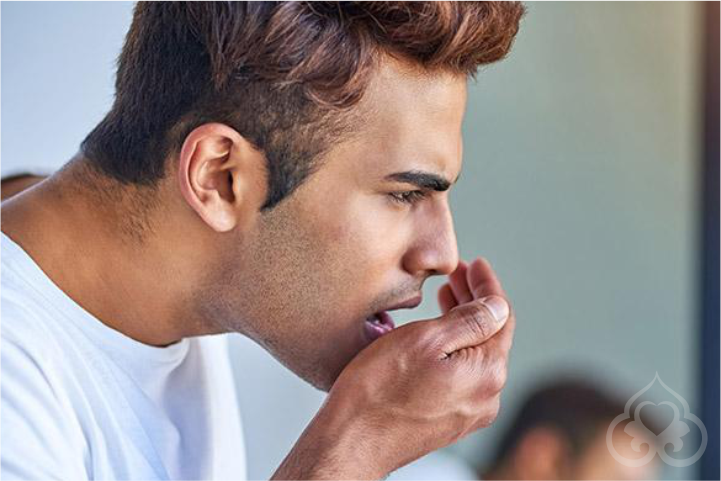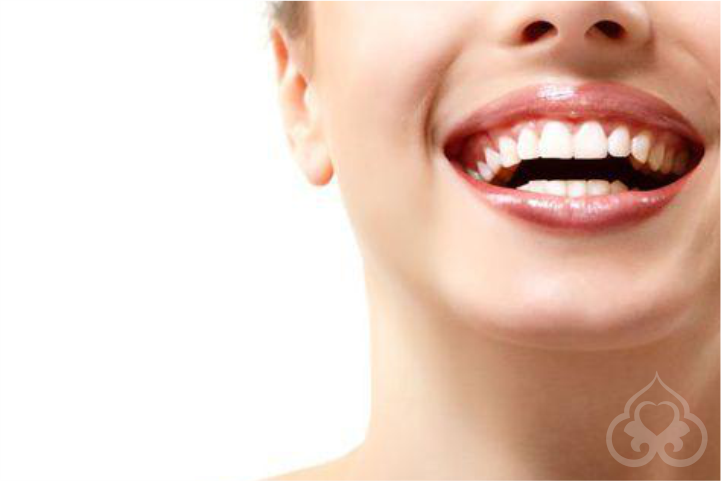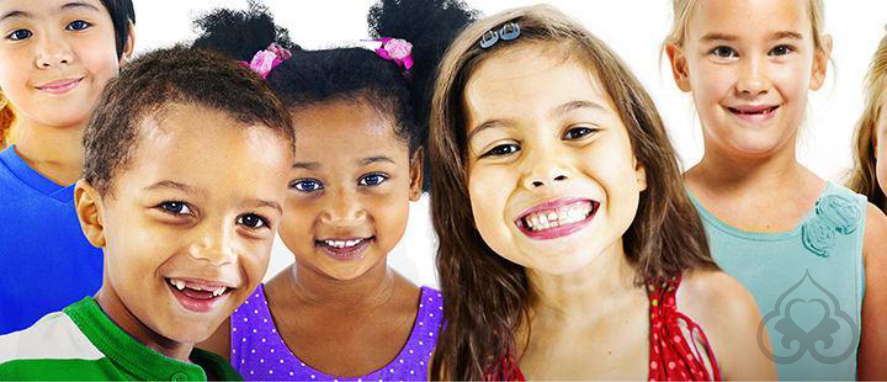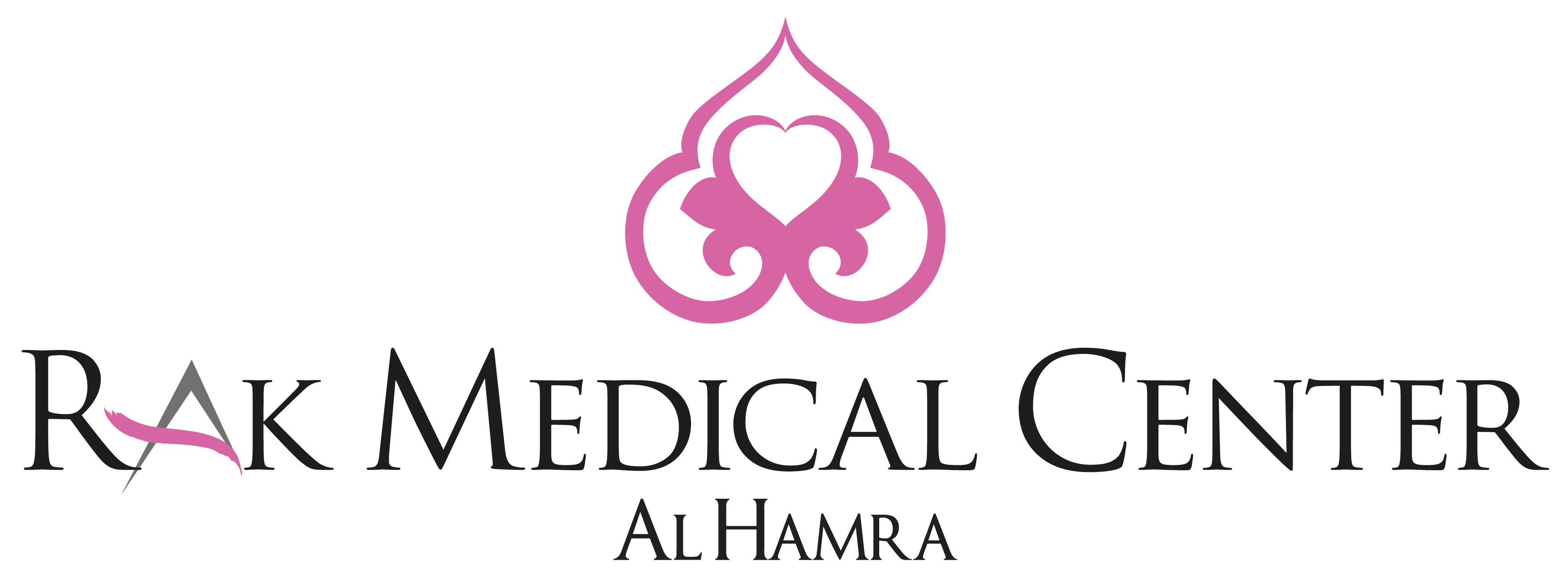DENTAL HYGIENE: Bad Breath
What causes bad breath?
You might think that bad breath, or halitosis, comes mostly from eating foods like garlic and onions.
You may be surprised to learn that bacteria in the mouth, especially on the tongue, is one of the biggest bad breath causes.
Dentists refer to the sulfur byproducts excreted as waste by oral bacteria as “volatile sulfur compounds” (VSC’s) and it’s their presence in your mouth that causes bad breath.
Besides food, bad breath can be caused by poor dental hygiene, tobacco use and some medical conditions.

Bad Breath Causes
- Food – food that collects on and between the teeth can collect bacteria that produce odors.
- Poor Dental Hygiene – remove plaque, which contains bacteria, from your teeth, gums and tongue every day. Cavities and gingivitis can also cause bad breath.
- Tobacco Use – smoking can cause chronic bad breath from the build-up of tar and nicotine as well as reduced saliva flow.
- Medical Conditions – respiratory tract infections, chronic sinusitis, postnasal drip, chronic bronchitis, diabetes, gastrointestinal disturbances or liver and kidney ailments can contribute to bad breath problems.
To help get rid of bad breath make sure to brush twice a day and floss daily to remove odor-causing bacteria from the teeth, gums and tongue.
Use an antibacterial toothpaste and mouthwash to help kill odor-causing bacteria.
A clean, plague-free mouth is critical to maintaining fresh breath.
To Help Keep Breath Fresh Between Brushings Try:
- Rinsing with mouthwash after eating
- Chewing sugarless gum to stimulate saliva flow
- Snacking on celery, carrots and apples which can help loosen debris
- Eat a nutritious diet – vitamin deficiencies can contribute to bad breath
- Brushing your tongue
See your dental professional if bad breath persists to rule out chronic medical conditions.
More often than not, bad breath can be conquered by using mouthwash, toothpaste and dental floss ever day!

DENTAL HYGIENE for Kids
Notes for Parents
Your child’s well-being is your biggest concern and their oral hygiene is an important part of their overall health.
The care of your child’s teeth and gums begins with you – you can set them on the right path for a lifetime of excellent oral hygiene.

Oral Hygiene for Infants
Babies are born with all their teeth – you can’t see them because they are hidden in the gums. Baby teeth start to break through the gums around 6 months but it is important to start good oral care for infants even before the first tooth comes in. From healthy gums come healthy teeth.
- Wipe your baby’s gums with a soft washcloth after feeding. They helps remove the bacteria that can cause tooth decay.
- Once they begin to erupt, brush teeth twice a day with a fluoride toothpaste in an amount no more than a smear the size of a grain of rice – use a soft-bristle toothbrush.
- Take the bottle away after your child finishes drinking to prevent baby bottle tooth decay. Baby bottle tooth decay can happen when babies drink milk, formula, or juice from bottles over long periods of time or fall asleep with the bottle.
Schedule your child’s first dental appointment before their first birthday or after his or her first baby tooth is visible, whichever comes first. This visit is like a well-baby visit with your pediatrician.
Oral Hygiene for Children
As kids grow up their oral hygiene habits should grow with them.
Kids have all their baby teeth by the age of 3. These are called primary teeth. Baby teeth start falling out around age 6; that’s when the permanent or adult teeth start coming in. Gaps between baby teeth are normal. They make room for the permanent teeth. Most permanent teeth come in by age 13.
Establishing the Best Oral Hygiene Routine for Children
Here are some tips to help keep your child’s teeth healthy and strong starting at age 3.
- Use a pea-sized amount of fluoride toothpaste and make sure your child spits it out after brushing
- Be sure your child brushes for at least 2 minutes twice a day
- Start flossing as soon as teeth touch, or even earlier to help build good habits
- Help your child brush and floss, and remind him or her to pay attention to the back teeth
- Visit the dentist every 6 months
Oral Hygiene for Preteens
As children grow older and more of their permanent teeth come in, a rigorous daily dental hygiene routine is crucial to keeping teeth and gums healthy. However, it can be difficult to keep preteens interested in their oral care.
Try these tips to keep children on track:
- As preteens become more conscious of their appearance, it can be helpful to remind them that good oral care can help them look and feel better
- Remind your child to brush twice a day with a fluoride toothpaste for a full two minutes which not only fights cavities and strengthens teeth, but also gives older kids the confidence of having fresh breath. A power toothbrush might make brushing more fun for preteens.
- Flossing is extremely important at this point as most permanent teeth have erupted and cleaning between them will help prevent cavities and keep their mouth fresh
- Encourage children who play sports to wear a mouth guard to protect their teeth from injuries
- Make sure kids who wear braces use a power brush and floss very thoroughly to avoid white spots on teeth when braces come off
